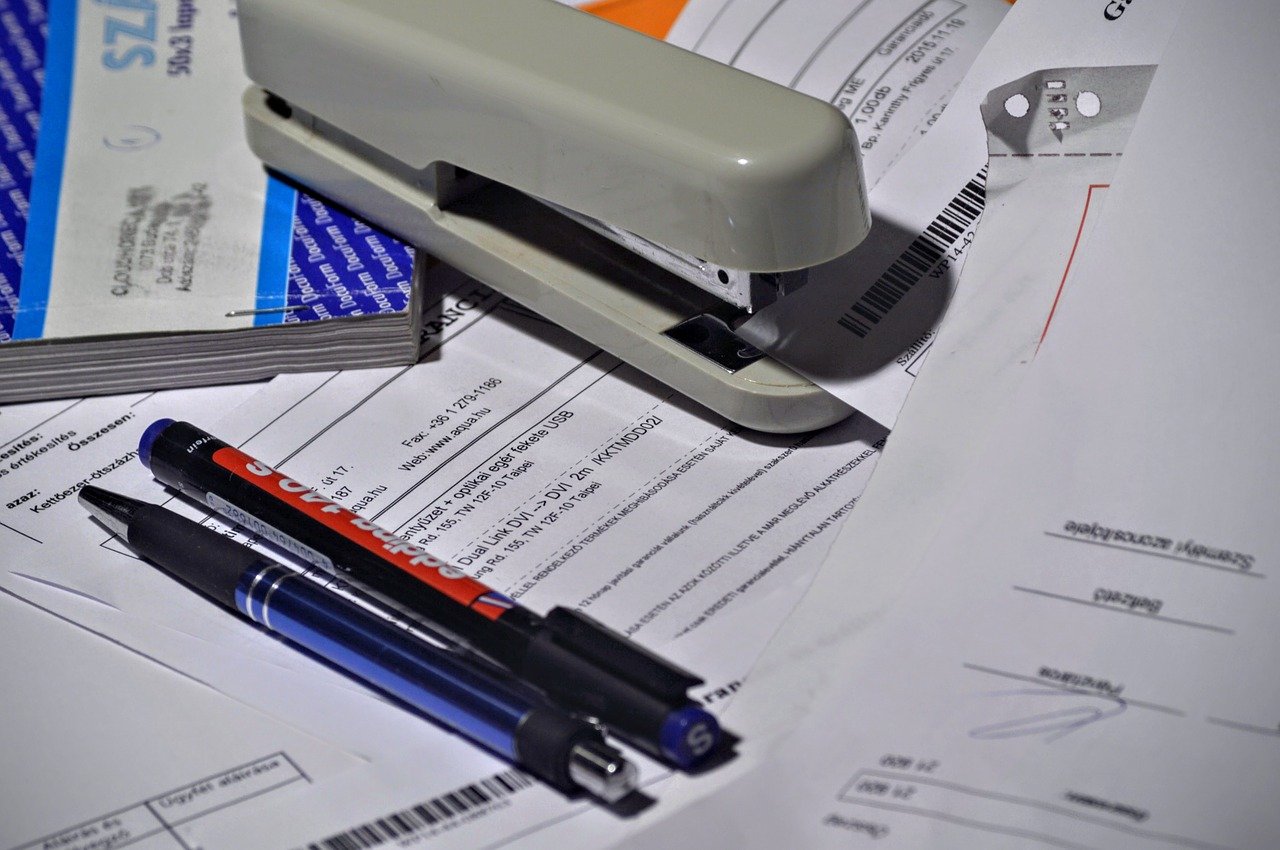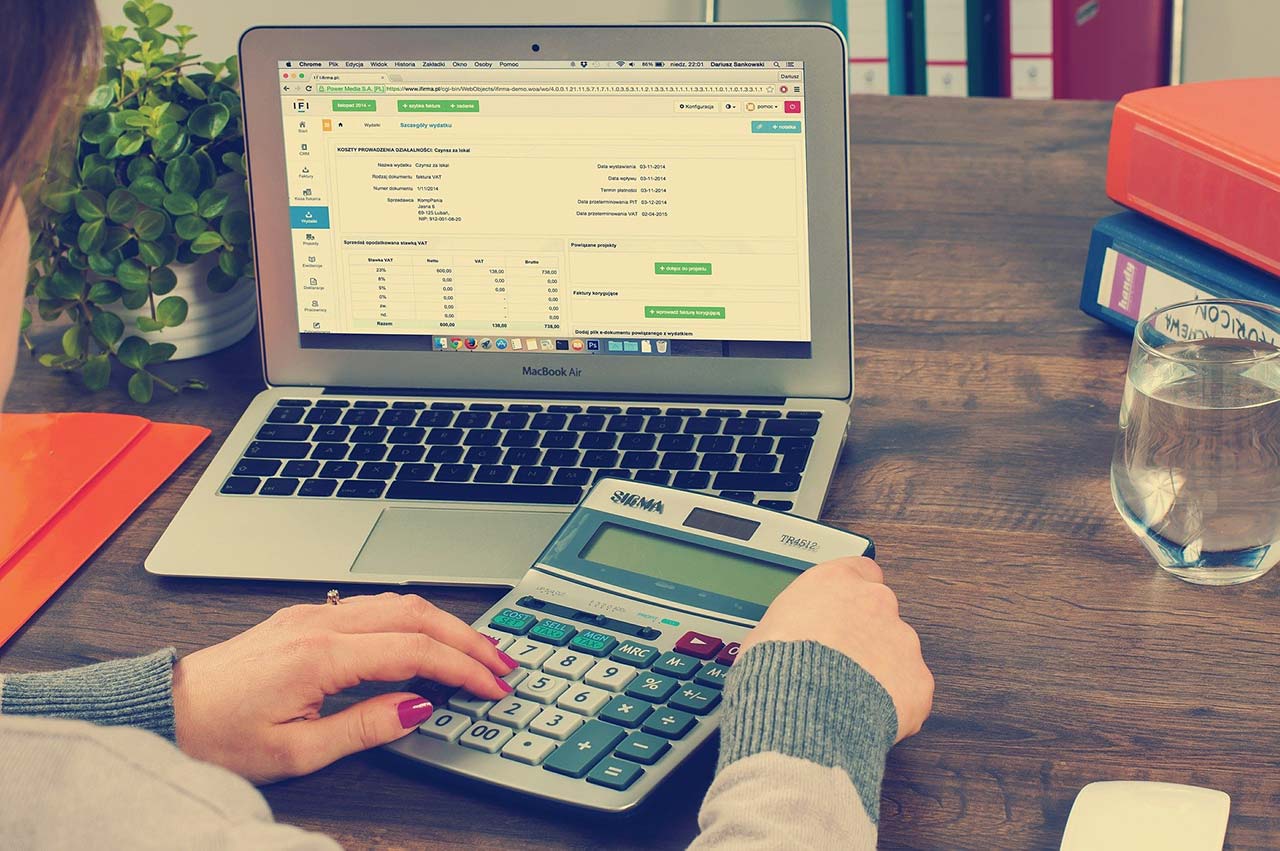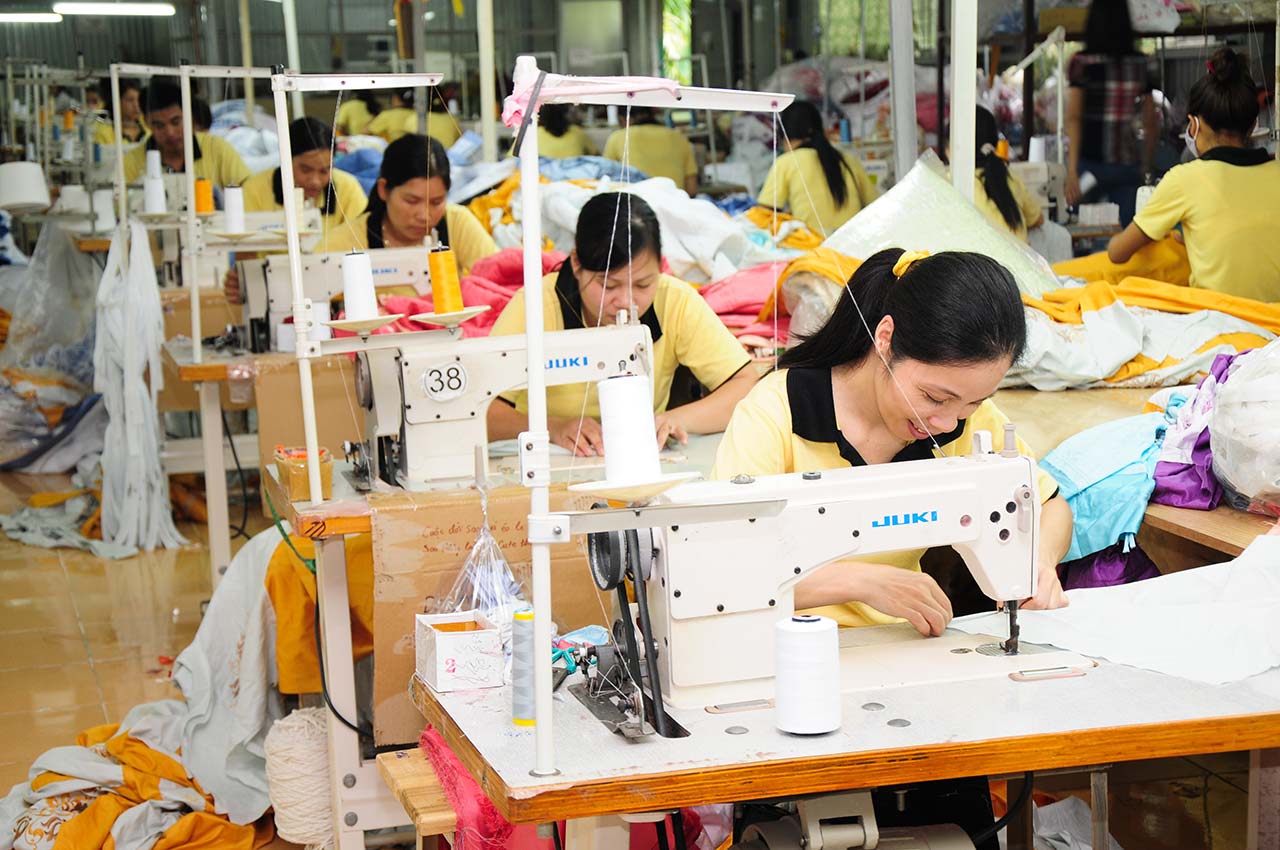Vietnam Electronic Invoice (Electronic Invoice / VAT Invoice), 6 Frequently Asked Questions
In Vietnam, a proposal from the Vietnamese Ministry of Finance has been approved by the Vietnamese government to switch from paper invoices to electronic invoices.
Decree 119 on the use of electronic invoices for the sale of goods and services has been issued and is effective from 1 November 2018.
Replacing paper invoices with electronic invoices has been positioned as an important issue.
Through this article, you can understand how and when it will affect your business when it comes to moving to electronic invoices in Vietnam.
1. What is a Vietnamese electronic invoice?
Electronic invoices are invoices that are electronically or digitally issued, processed, and received without the need for documents.
2. Is electronic billing mandatory for all Vietnamese companies?
Yes, it is.
However, there is a transition period.
Until November 1, 2020, businesses will continue to be able to use pre-prints from tax authorities and self-prints.
3. Can electronic billing be used for filing purposes?
No.
The e-invoice can only be used with the tax return confirmation code.
4. What is the preparation for issuing an electronic bill?
Before using the electronic invoice, each company must complete the registration process through the Tax Department website.
Once approved by the tax office, electronic invoices are available.
5. What are the benefits of electronic billing?
Electronic billing can save you a lot of time and money.
In addition, SG&A expenses that are spent managing invoices and accounting records can be reduced, fraudulent bills can be eliminated, and transparency can be improved.
6. Is there a standard format for electronic invoices in Vietnam?
yes, I have.
Standard format electronic invoices are regulated by Vietnamese tax authorities.
Individuals and businesses that offer services or sell goods must issue electronic invoices to buyers in this standard format.












